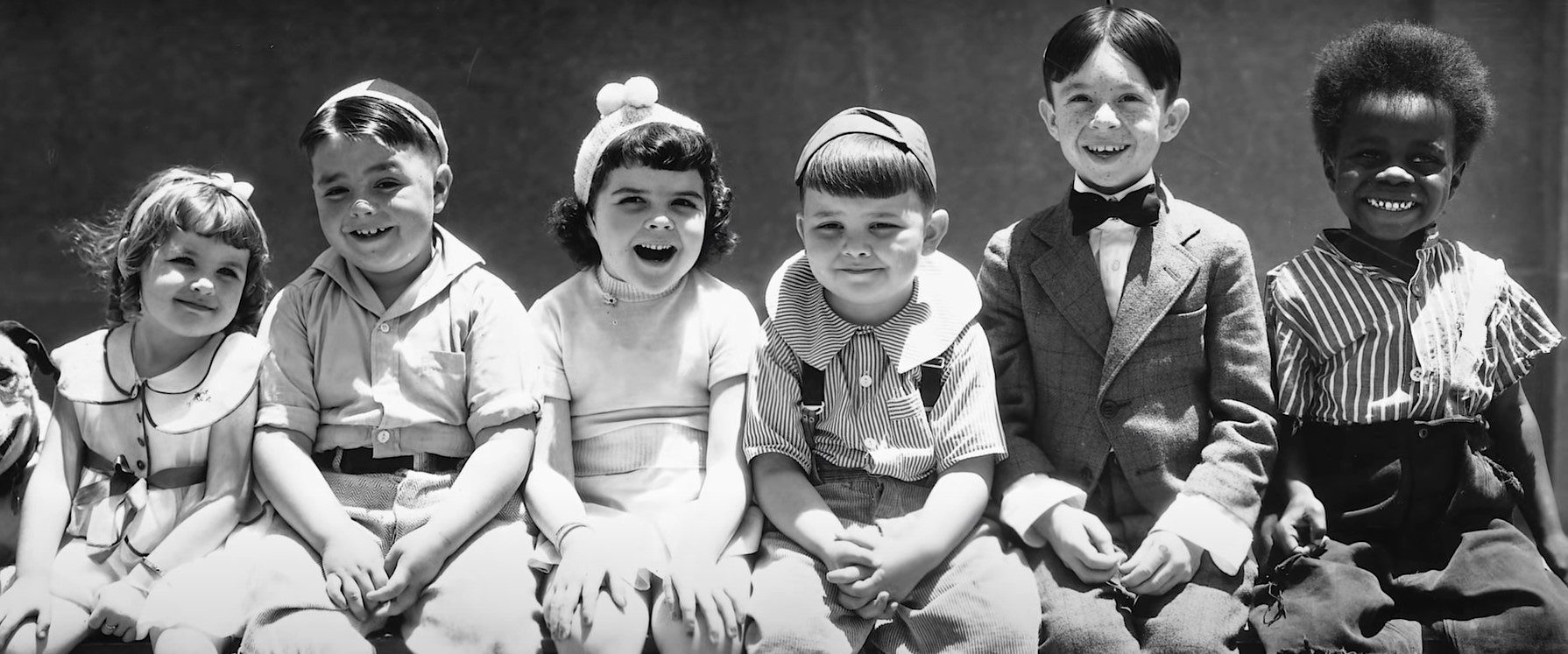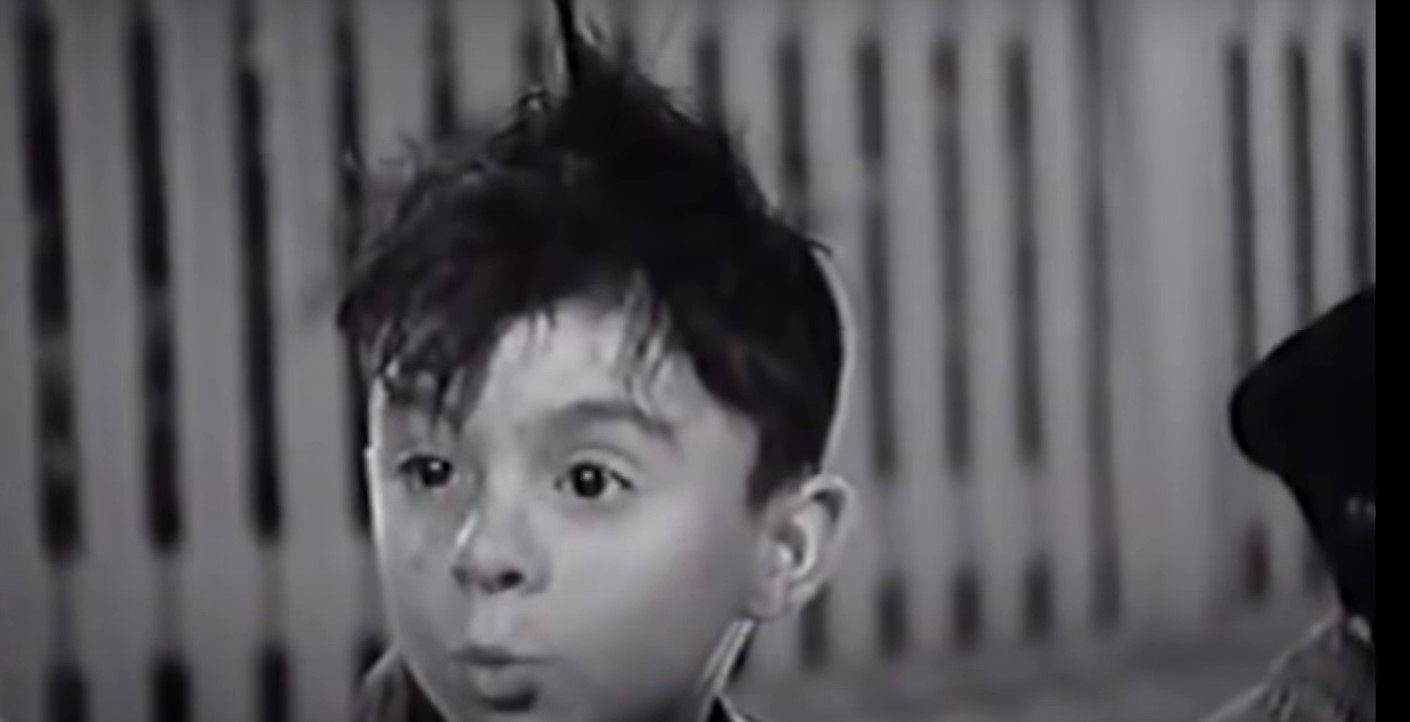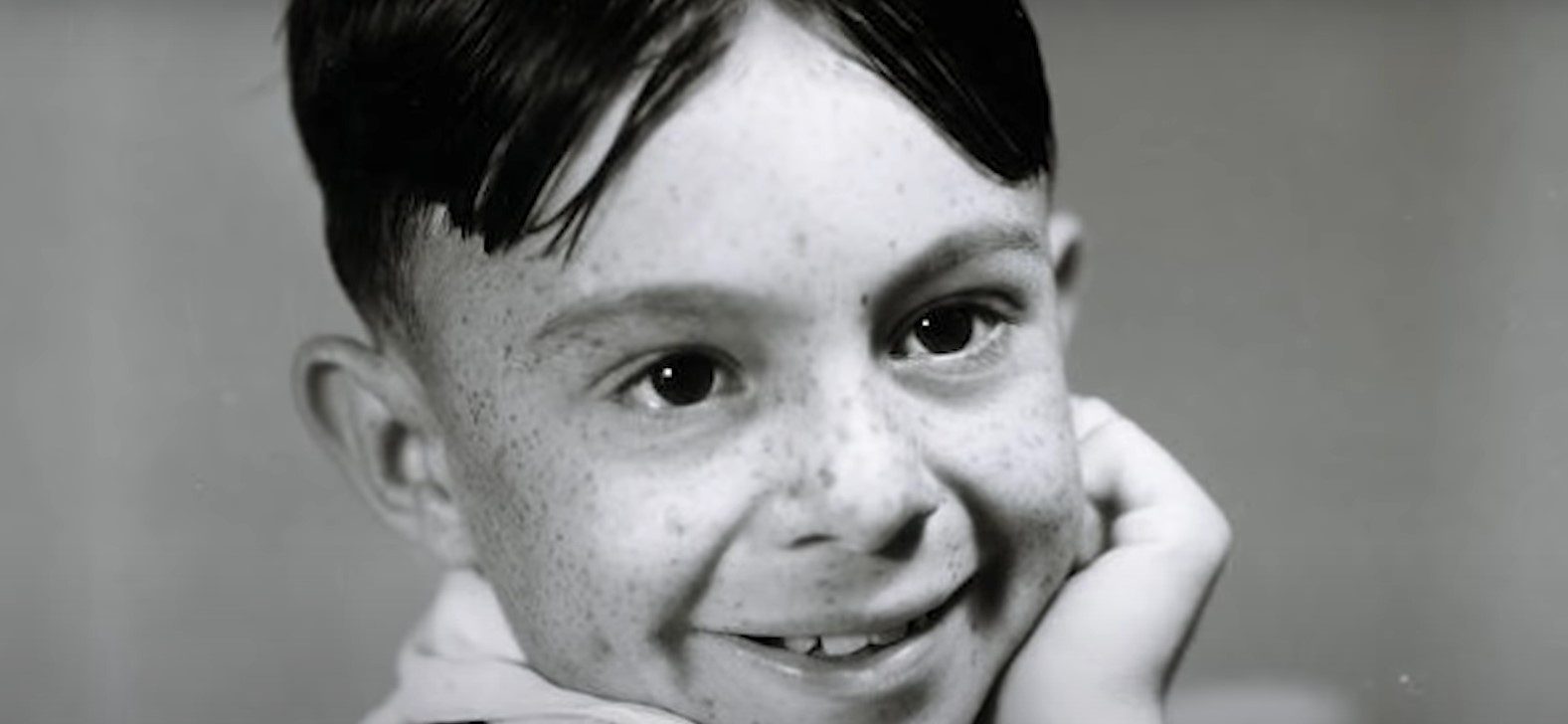Most people know Carl Switzer as Alfalfa, the character he played in “The Little Rascals.” What many don’t know is that Switzer’s life was far from a charmed one. Born in poverty and facing a difficult childhood, Switzer worked his way up to become an American legend. Unfortunately, his career was cut short by a tragic death at age 31. In this article, we will take a closer look at the life and legacy of Carl Switzer.
Switzer was born in Paris, Illinois, on August 13, 1927. His parents, Otto and Mabel Switzer, were of German descent. Carl was the youngest of three children and grew up in a poor household. When he was just six years old, his father died of a heart attack. To make ends meet, his mother took in boarders and did laundry for other families.
Carl Switzer’s Early Life & Career
Despite their hardships, the Switzers were a close-knit family. Carl’s older brother, Harold, was his best friend and confidant. The two brothers would often go to the movies together and dream of one day becoming Hollywood stars. In 1931, Carl’s mother moved the family to California in search of a better life. It was there that Carl’s acting career began. He landed his first role in 1932 Our Gang comedy “Free Eats.” Switzer appeared in a total of 41 Our Gang shorts between 1932 and 1941.
As he got older, Switzer’s roles in Our Gang became less significant. In 1941, he left the series to pursue other acting opportunities. He landed a few small roles in films such as “The Pride of the Yankees” and “For Me and My Gal.” But Switzer’s big break came in 1946 when he was cast as Alfalfa in “The Little Rascals.”

Alfalfa
Alfalfa was a mischievous but lovable character, and Switzer played him to perfection. The Little Rascals was an instant hit with audiences and made Switzer a household name.
After the show ended in 1951, Switzer struggled to find work. His career never regained the momentum it had in his Our Gang and Little Rascals days. In 1957, he landed a small role in the film “The Bold and the Brave,” he would later get a few acting roles in “Johnny Doughboy,” “The Great Mike,” and “Going My Way”. But by this time, Switzer was deeply in debt and struggling with alcoholism.
Also Read: How Did Leonardo Da Vinci Die? Cause Of Death Revealed
How Did Carl Switzer Die?
Switzer consented to train a hunting dog for Moses Samuel “Bud” Stiltz, a Treeing Walker Coonhound, despite his legal and financial difficulties. Switzer had met Stiltz while collaborating with Roy Rogers on various productions at the Corriganville Movie Ranch. Stiltz was a devoted friend and occasional business partner. The dog took off while in Switzer’s care in order to pursue a bear. Stiltz had no sympathy for Switzer and was adamant that the former child star give him back his dog or pay him the value of the dog. Switzer advertised the animal’s safe return with a reward in newspapers and on posters after she was unable to come up with the money to pay the debt. The dog was eventually discovered and delivered to the bar Switzer was working at the time.
Money Issues
A reward of $35 in cash and $15 in alcoholic beverages, or about $450 in 2020, was given to the rescuer. Switzer was not happy about losing his $50. A few days later, during an emotional discussion with his friend, unit still photographer Jack Piott, 37, the two decided that Stiltz should pay Switzer the finder’s fee. They argued that the dog belonged to Stiltz and not to Switzer. The two soon arrived at Stiltz’s residence at 10400 Columbus Avenue in Mission Hills. The house was occupied by Stiltz, his wife Rita Corrigan, and his stepchildren. Switzer and Piott intended to ask Stiltz for money. Despite conflicting accounts of what happened, everyone agrees that Stiltz was hit on the left side of his head by a glass clock. Later, after a struggle with Switzer over a.38-caliber revolver, he went back to his room to get it. As a result of their struggle, Stiltz’s stepson Tom Corrigan, who is 14 years old, came dangerously close to being shot.
According to Stiltz’s account of the incident, Switzer had knocked on his front door and yelled, “Let me in, or I’ll kick in the door.” After the threat, one of the men, Switzer or Piott, hit Stiltz with the clock to start the fight. As a result, Stiltz went to get his gun, which Switzer grabbed. Accidental firing of the weapon came close to shooting Corrigan. Stiltz claims that Switzer then brandished a knife and yelled, “I’m going to kill you!” Injuring an artery that resulted in severe internal bleeding, Stiltz fired and shot Switzer in the groin. When Switzer arrived at the hospital, he was already dead.

His Legacy
Today, Carl Switzer is remembered as a childhood star who met an untimely end. His life was full of ups and downs, but he will always be remembered for his work on “The Little Rascals.” Though his time in the spotlight was cut short, Carl Switzer left a lasting impression on those who knew him and those who loved his work.
While Switzer’s life ended tragically, his legacy continues to live on. He is remembered as one of the most talented child actors of his generation. His work on “The Little Rascals” has delighted generations of viewers and will continue to do so for years to come. Thanks for taking the time to learn more about this American legend. If you enjoyed this article, be sure to check out our other blog posts. We cover a wide range of topics, from history and culture to entertainment and lifestyle. If you have any suggestions for future articles, feel free to reach out to us on social media. We love hearing from our readers! Until next time
Also Read: Gene Kelly Passed Away Due To Heart Attack, The Celebrated ’50s Actor




